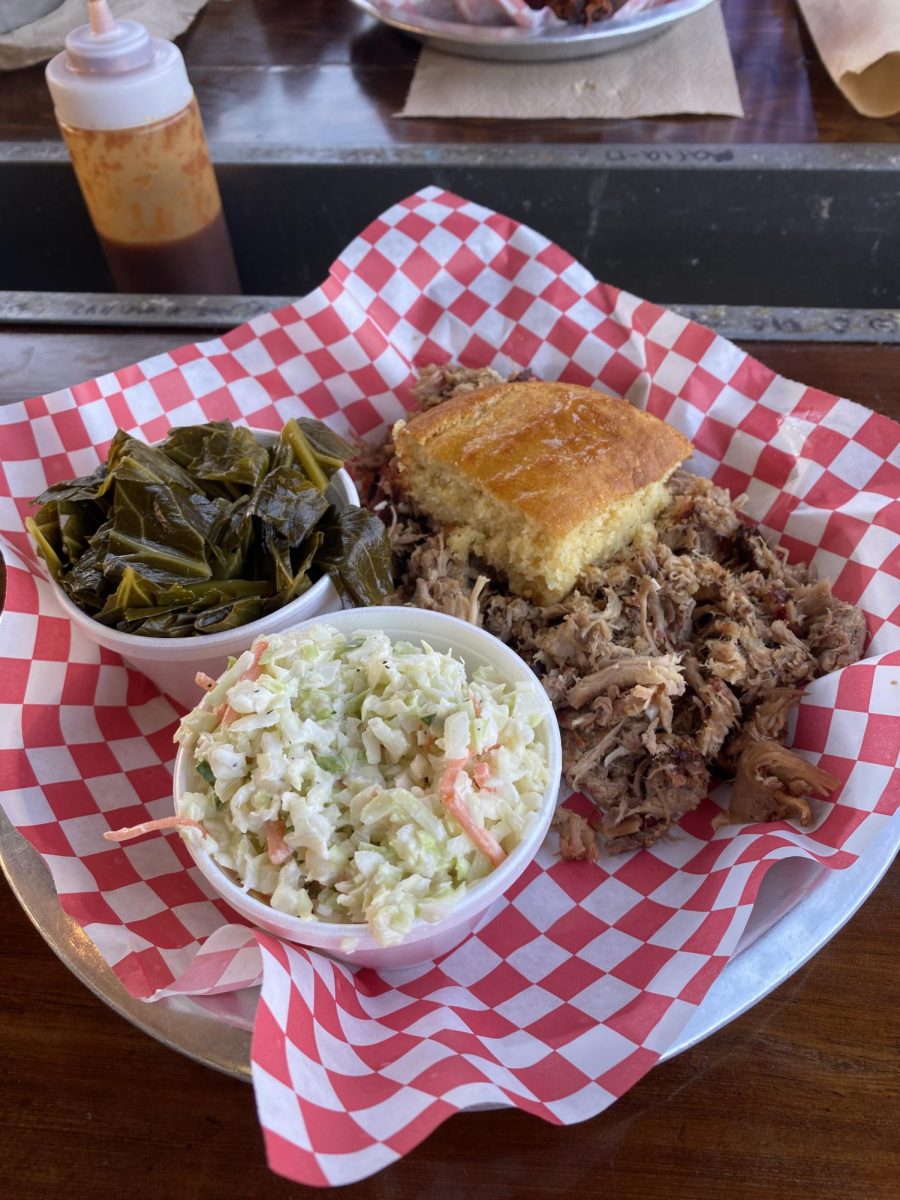We all know that a lot of things change throughout our time in college. While freshman year is overwhelming in and of itself, each year of college after differs from the last — especially in terms of your relationship with food.
In college, the responsibility of what, when and where you eat rests entirely on your shoulders.
Your eating and exercise habits often change with this new lifestyle, whether you rely on the dining hall, the grocery store or a combination of both. Your mom isn’t packing your lunch or cooking a homemade meal for you to come home to anymore. Plus, oftentimes you eat meals alone.
Unfortunately, college can be a breeding ground for eating disorders due to these drastic changes in your environment, including being around new people with different relationships with food, which can be either helpful or harmful.
The typical college age, 18 to 21, is the most common age range in which individuals develop an eating disorder, according to the National Eating Disorders Association. NEDA estimates that between 10%-20% of women and 4%-10% of men in college suffer from an eating disorder, and these rates are actively increasing.
Talk of the freshman 15 definitely doesn’t help these statistics; I wish more than anything that we, as a college community, could collectively do away with it.
As someone who developed an eating disorder at 13 and has dealt with the aftermath ever since, I knew college meant having full control over everything I ate. I fell into old habits freshman year, and while I’ve worked hard to improve my relationship with food, it’s truly a choice that must be made every day.
There are various types of eating disorders, including anorexia, bulimia, binge eating disorder and more. Despite their differences in form, I believe each of them is equally difficult to overcome. They can originate from a variety of factors, including a need for control in the midst of an abundance of change.
If you’re struggling with an eating disorder, body dysmorphia, negative body image or food insecurities, I recommend talking to someone, whether it’s a sibling, parent, therapist or friend. Clemson’s Counseling and Psychological Services is a great resource to start with.
You automatically take away some of that voice’s power just by getting it out of your head.
I encourage you, as much as you’re able, to eat in a way that nourishes both your body and soul. Try to remember that your body is going to change with different stages of life and that you are fearfully and wonderfully made, Psalm 139:14. And if you think you’re alone in your struggles, I promise you are not in the slightest — opening up to someone can be the first step to improving your relationship with food.
Kat Pugh is a junior English major from Clayton, California. Kat can be reached at [email protected].

















Blake Mauro • Sep 11, 2025 at 4:23 pm
❤️❤️❤️